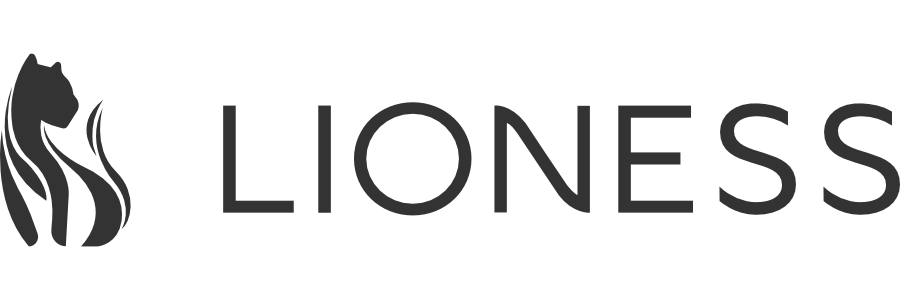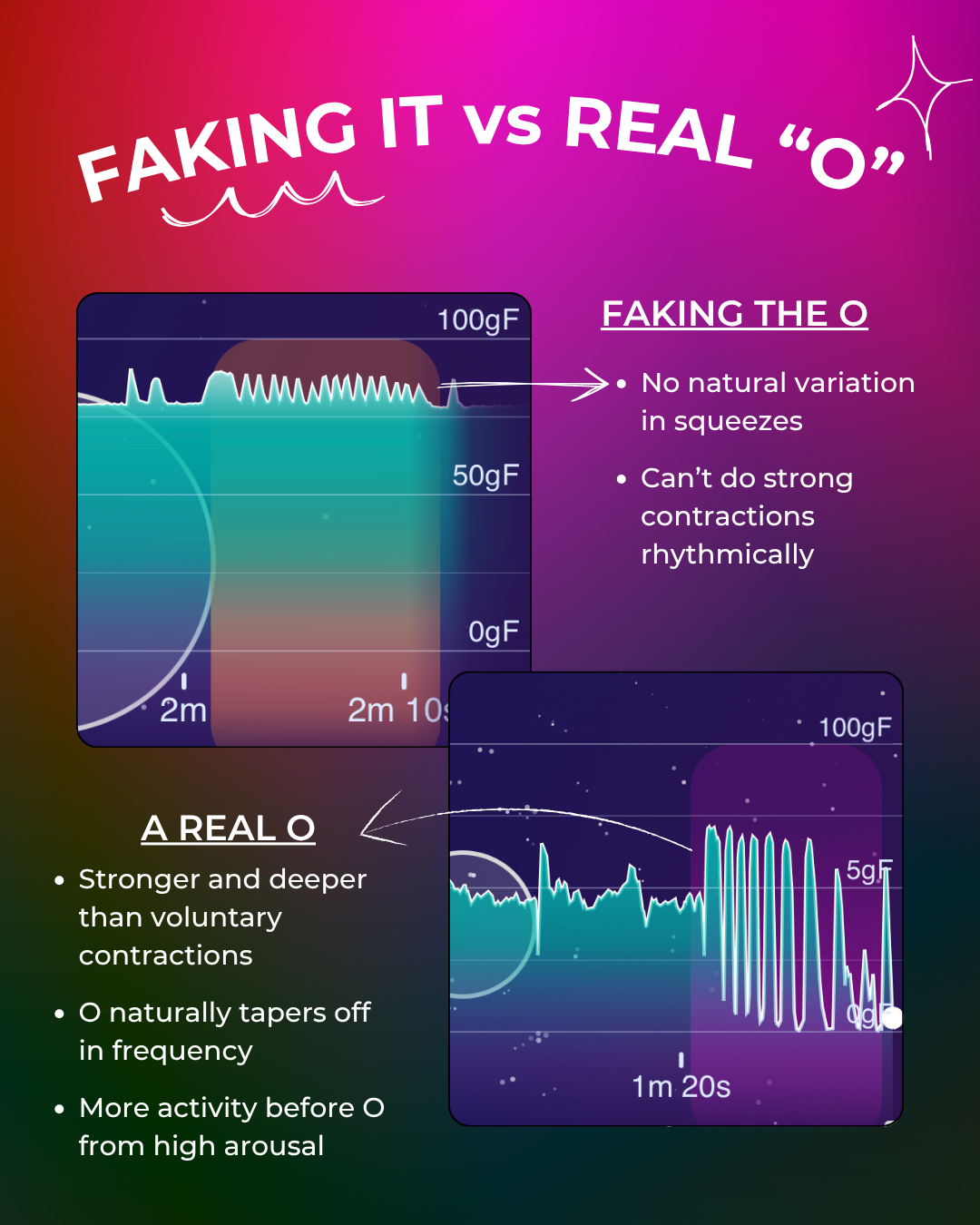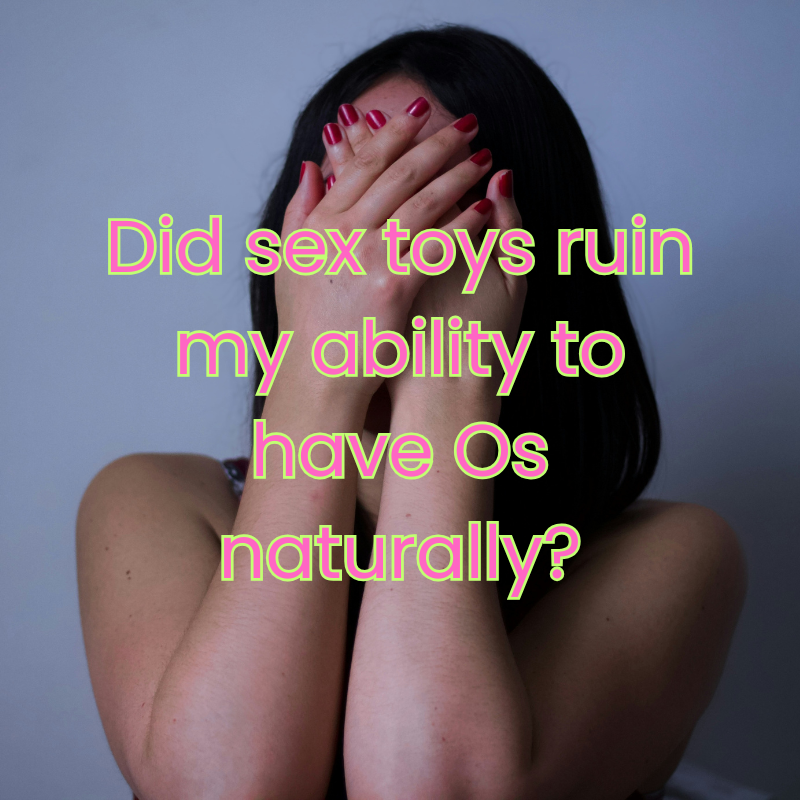
Why is an internet with sex considered “negative and bad”?
On Monday, Tumblrannounced that they would be removing all adult content from their site, presenting their announcement with the title “A better, more positive Tumblr”. This happened just two weeks after Tumblr was pulled from the Apple App Store when Download.com discovered that child pornography had slipped through their filters.
Child pornography is never okay. But the response to remove ALL adult content from “female-presenting nipples” to fan art created by artists with large followings to any and all sex acts is a ham-fisted decision and an overreaction, especially for a platform that has had a strong adult presence throughout its entire existence.
There are a number of aspects that are problematic. But this especially jumped out at me:
“There are no shortage of sites on the internet that feature adult content. We will leave it to them and focus our efforts on creating the most welcoming environment possible for our community.”
This is not a unique statement. If you’ve been following the news with YouTube, Patreon, and a number of other online platforms, the internet is becoming more polarized when it comes to sex. It’s either completely wiping away anything sexual or throwing anything sexual over the wall into “adult content” (i.e. pornography) with no room in between.
The thing is, most of life sits in the grey area, especially when it comes to sex. And not all matters of sex are related to pornography. But by banning it everywhere but there, these companies are also taking a stand.
Essentially, what these internet giants are saying: all content related to sex and sexuality belongs in pornography.
When we step back and think about what that means, it becomes a lot clearer the kind of world they’re starting to create by their actions. And do wereally want all aspects of sex and sexuality to be solely defined by pornography?
Not everything is neatly divided into “Disney Channel” or porn
Given its prominence in the very existence of humanity, sex is significantly more complicated than either pornography or vague “birds and bees” in a sanitized, “family-friendly” world.
It is a basic human function that’s part of nearly every single person’s life in some way—if nothing else, most people exist as a result of it. Like eating, sleeping, or breathing, sexual activity releases endorphins that have a variety of benefits to our bodies.
Sex is also how we connect and build intimacy with others. A satisfying sex life can make or break relationships and marriages. If there is a question or problem, we need the space, comfort, and information to talk about our sex lives.
Real world sex doesn’t fit into either world being proposed by Tumblr and other content providers, not this sanitized view of the world peddled by mainstream content providers (a “Disney Channel-fied” version of the world) or in the fantasy of pornography.
Instead, it’s banished from view—and increasingly, from existing at all.
It’s not porn’s responsibility to be everything “un-family-friendly”
Despite some efforts in pornography to be more educational and realistic, it’s usually lost in the vast sea of fantasized portrayals of sex. It’s not really that surprising. That’s what people come for (pun, haha).
This isn’t the fault of the adult industry. It’s not their moral duty to help differentiate fantasy from reality. That’s like saying Hollywood should be educational and show love stories and rom-coms how they really are—after all, you may have a happy ending right now, but do you know that most marriages end in divorce?
No one is going to theaters to see their real life, and no one is watching pornography for a clinically accurate depiction of how sex plays out in the real world.
So, if “real talk” about sex isn’t in pornography—where, according to big tech, it belongs?—and it’s being banned from our most common public platforms of discourse, where does it go?
Censorship in return for bigger advertiser checks
The answer is pretty much nowhere. YouTube, Google, Facebook, and now Tumblr’s imperative is to appeal widest possible base of advertisers. This drive for ever-expanding profits is strangling out of existence nuanced content that acknowledges the existence of sex.
The internet is becoming more and more censored, in a more and more polarized world—not just politically, which public discourse has talked a lot about, but in almost all ways.
But is that the responsibility of these giants? After all, they’re private corporations. That’s the awkward question we keep confronting as a society as these companies increasingly BECOME the internet, and in turn the vast majority of our media consumption.
They are private entities, but increasingly control all public discourse. It’s been a problem for independent creators for a while now. It was a massive problem during the elections. And now it’s a problem here too.
People don’t just stop searching about sex
Not talking about a basic human function doesn’t just make it just disappear. Hiding sexual topics doesn’t stop people from seeking it out. It does make it a lot harder to find it. It also makes it a lot easier for fake information to flourish.
Trustworthy content exists somewhere—you just need to really dig to find it. Unfortunately, you may not even know where to look. I can tell you that from experience.
For Lioness, we interviewed people to find out what they’re searching for when trying to address self-understanding and discovery.
Basically, sex ed, in one of its purest forms. That SHOULD be ok. These internet giants mostly have exceptions in their content policing for “sexual education” (usually after public pressure)—unfortunately, it’s a fig-leaf that they largely ignore with their automated content policing.
Predictably then, what do people type in to try to find this? Well, they usually draw a blank.
Many people are afraid to even search for anything sex-related because nowadays everything that pops up for Google is porn. In Facebook, you’d get nothing: the platform might beok with hate speech, but they vigorously police anything adult-looking. Tumblrused to be a rabbit hole where you found stuff youdefinitely weren’t looking for, but it also had some of this “gray” content that you were. That doesn’t exist anymore.
Not making the right distinctions
We’re slowly killing storytelling, education, and exploration of a basic part of ourselves—for the sake of mainstream advertisers that don’t want their content next to anything “adult-looking”.
That can be “fair enough,” but these content platforms respond by nuking the landscape clear of anything that even approaches the line, since they don’t want to deal with figuring out the distinctions.
After all, god forbid they hire more people that might hurt their profit margins. Or, you know, spend the time and money to build algorithms that approach the technological prowess that they project to the world.
You know, like algorithms that actually distinguish pornography vs. what isn’t. Like actually distinguishinganything vs. being kind of dumb, blunt instruments that in every real-world scenario has failed to do the job.Ahem, does anyone remember their algorithms with Google Images identifyingblack person = gorilla, or Amazon’s hiring algorithms whereengineer =/= woman, and so on…?
Do you really expect these content algorithms, where they haven’t had this public spotlight, are any better? I can tell you from experience, they aren’t. It’s mass censorship behind a Wizard of Oz curtain of algorithmic sophistication.
Good luck teaching sex ed without the words “sex,” “vagina,” “penis,” or anything else approaching that realm.
What will happen from here?
Ultimately these large content providers will do what they want to do, and with money as the life-blood of companies, they will probably be swayed by the entities that give them the most money.
Many of these entities are global, and much of the world is still pretty damn medieval especially when it comes to matters of sex (be it certain international audiences or the leaders or stakeholders running these companies). I wouldn’t hold my breath that anything drastic will change anytime soon.
But not all the money and suppression in the world will banish people’s desire to seek out sexual content of all sorts. When people want something, they will find a way to get it. And where there is a desire there is a market and someone who will have the drive to do something about it. Whether that desire will be filled by the adult industry or elsewhere is the question. Or, perhaps, a larger entity will have leadership that will not afraid to ruffle a few feathers or will find opportunities to talk about sex that will outweigh the bondage of sanitizing sex. Only time will tell.
Regardless, like with any suppression or open secrets, the truth can only remain suppressed for so long before it builds up enough pressure to explode. I’ll place my bet on human desire and truth rather than perpetuating a false reality.
===
Thanks for reading! Curious to learn more about my work?
 Lioness is the first and only vibrator that helps you improve your orgasms.
Lioness is the first and only vibrator that helps you improve your orgasms.The world’s most advanced vibrator. Precision sensors let you literally see your arousal and orgasm. Experiment, understand yourself, and have better orgasms — after all, as the saying goes, “never measured, never improved."
Click here to learn more.


